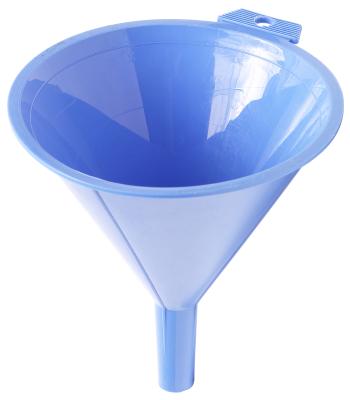
Polaris introduced the Ranger series of vehicles in 1997. The Ranger XP utility vehicle is no different than any other car or truck when it comes to preventative maintenance. You must change the oil in your Ranger XP every three to four thousand miles. When changing the oil, make sure the vehicle is on a level surface and run the engine for a few minutes before you begin the task. Stop the engine, clean around the drain plug located at the bottom of the oil tank, and you’re ready to start changing the oil.
Set a drain pan underneath the oil tank of the Ranger XP and remove the plug from the drain.
Allow the oil to drain completely into the drain pan.
Replace the drain plug and loosen the clamp holding the oil hose.
Remove the oil hose from the screen fitting located on the bottom of the oil tank. Remove the screen fitting and clean it by applying thread sealant to the threads on the fitting.
Install and tighten the fitting. Install the oil hose on the fitting and reinstall the clamp on the oil hose.
Place some rags underneath the oil filter. Use an oil filter wrench and remove the filter. Lubricate the O-ring of the new filter with engine oil.
Install the new filter. Turn it by hand until the gasket of the filter contacts the sealing surface, at which point you should turn it another half turn.
Remove the drain plug located on the lower right of the crank case to drain it and reinstall the drain plug. Keep one cup of the engine oil in the crankcase.
Remove the dipstick and fill the tank with two quarts of Polaris Premium 4 Synthetic Oil.
Turn on the ignition, place the Ranger XP in neutral gear and set the parking brake. Prime the oil pump, stop the engine and inspect for leaks.
Check the dipstick to determine the oil level and add the necessary amount of oil to bring the level to the uppermost mark on the dipstick.